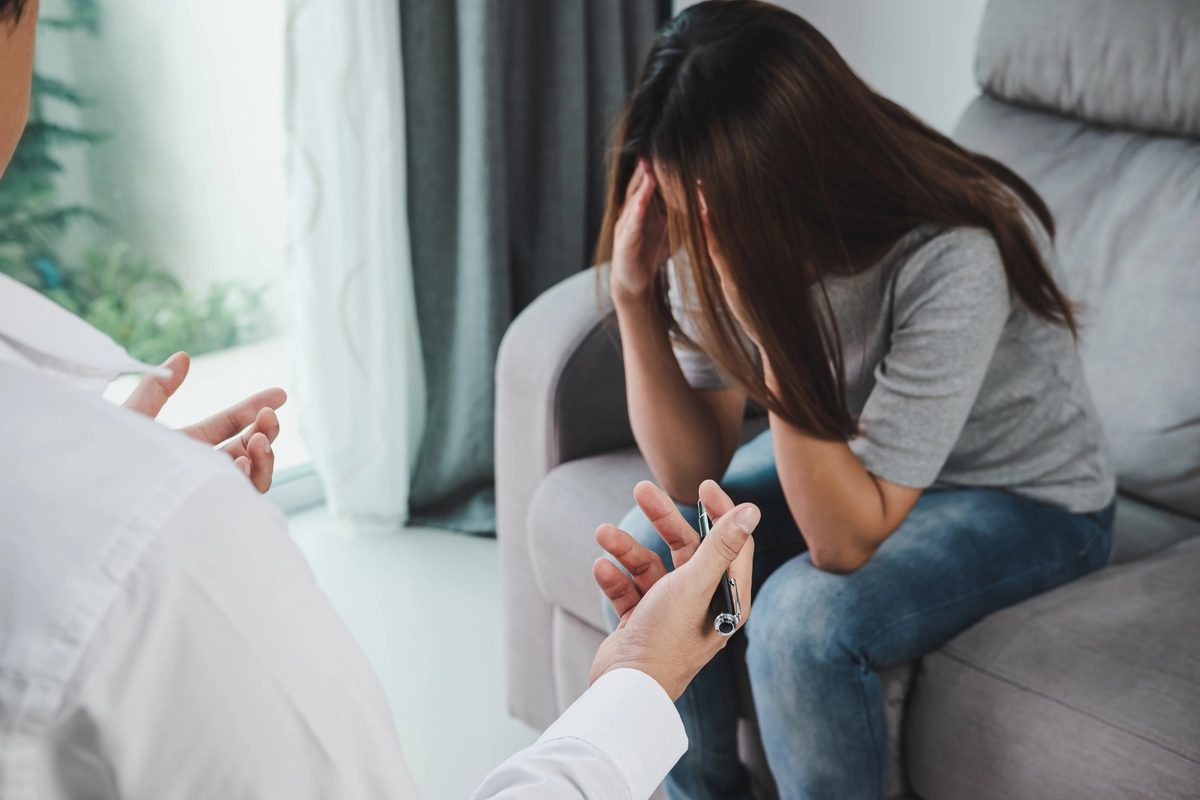24/7 Helpline:
(866) 899-221924/7 Helpline:
(866) 899-2219
Learn more about Medication-assisted Treatment centers in Union County

Other Insurance Options

Lucent

Ceridian

AllWell

American Behavioral

Evernorth

MVP Healthcare

Access to Recovery (ATR) Voucher

Providence

PHCS Network
Beacon

State Farm

United Health Care

Magellan Health

UnitedHealth Group

Self-pay options

Premera

Humana

Molina Healthcare

Health Partners

Optum

Northern Hills Alcohol and Drug Treatment
Compass Point is a non-profit rehab located in Sturgis, SD. Compass Point specializes in the treatme...

Compass Point
Compass Point provides prevention, intervention, and treatment services in the Northern Black Hills....

River Valley Behavioral Health
River Valley Behavioral Health is an outpatient clinic that provides behavioral health services, sub...

Counseling Center
Counseling Center is a private rehab located in Morganfield, Kentucky. Counseling Center specializes...

Michiana Addictions Prevention
Michiana Addictions Prevention is a private rehab located in Sturgis, Michigan. Michiana Addictions ...













































































